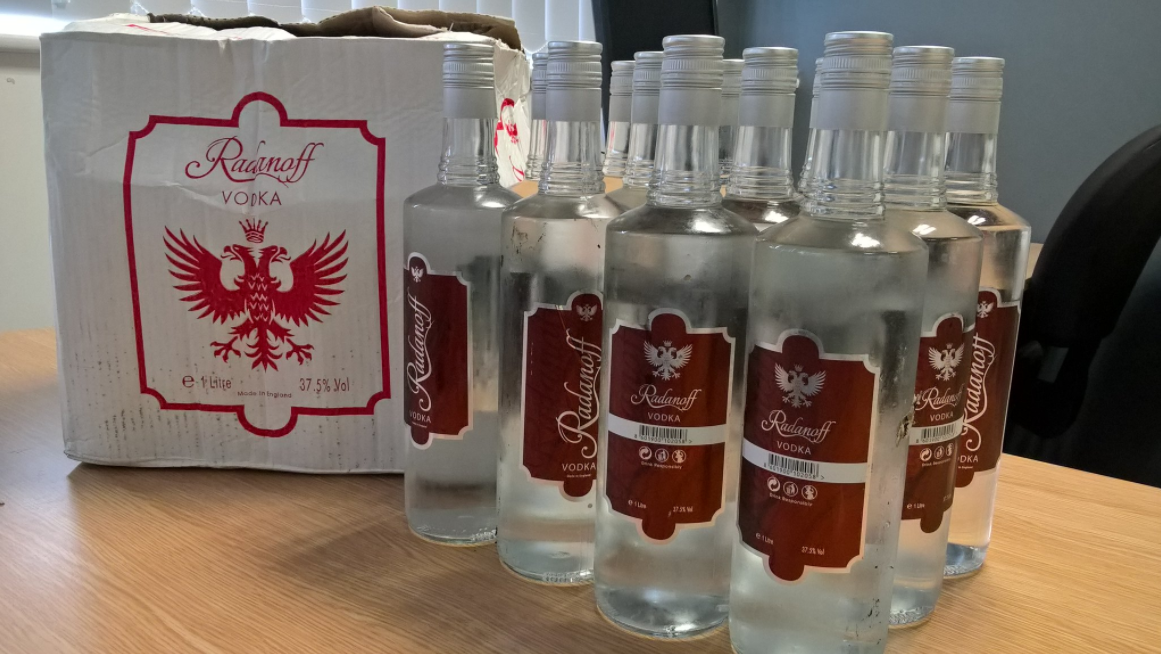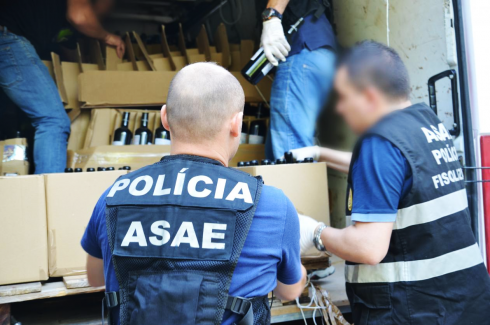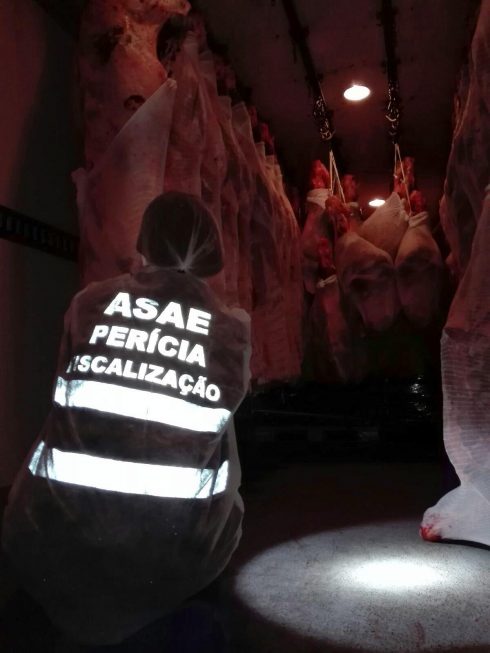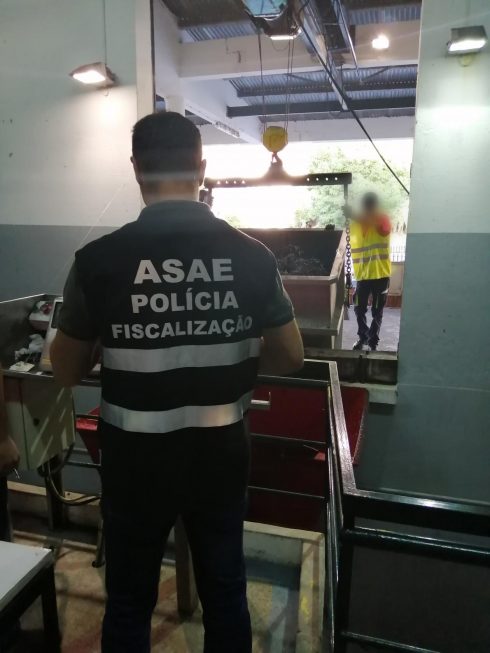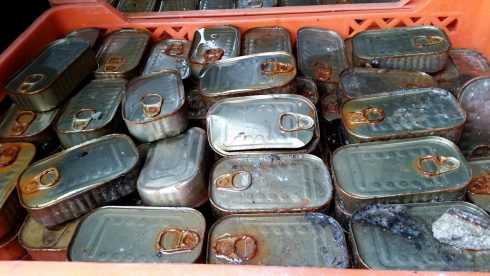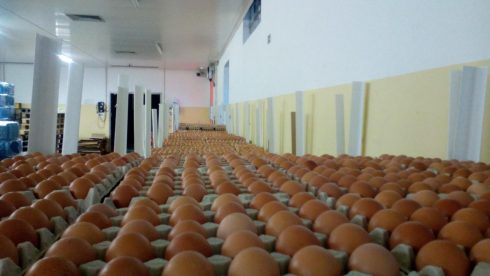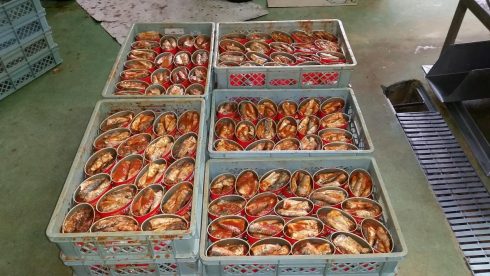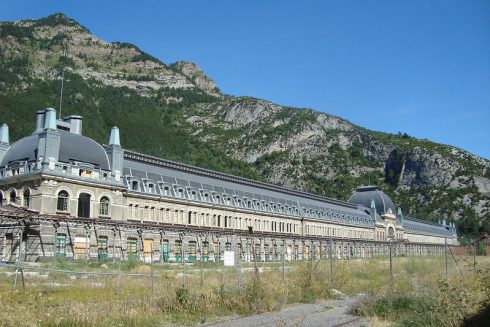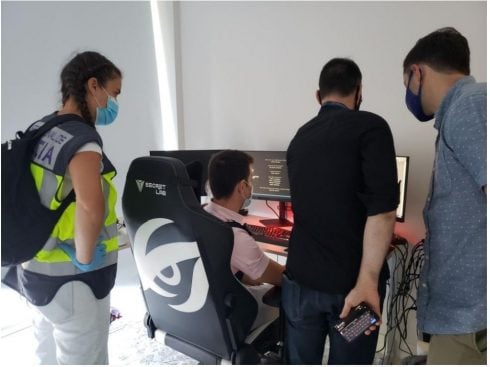EUROPOL and Interpol have just concluded an 18-month long operation which targeted the trafficking of fake and substandard food and drink.
The tenth operation of its kind, Opson X, ran from December 2019 up until June 2021 involving crime agencies from 72 countries, including all 26 EU Member States and the UK.
OPSON X in brief:
- 15,451 tonnes of illicit products seized, valued at €53.8m
- Over 68,000 consignment checks
- 663 arrest warrants
- 2,409 raids on premises
- 42 criminal networks disrupted
In order of quantity, the main illegal products seized were alcohol, food supplements, cereals & grains, fruit & veg, sweet products, meat & processed meat, seafood, dairy products and (seemingly) every other food and beverage.
Targeted action on the largest volume of food fraud (alcohol) was carried out across Europe including Ireland, Spain and Scotland.
Alcohol counterfeiting remains a serious threat to consumers while negatively affecting legitimate producers.
Actions resulted in 1.7 million litres of alcohol being seized – mostly wine and vodka.
Vodka, in particular, had additives which are poisonous and banned in many countries.
In 2019, The Sun reported that bottles of ‘Radanoff’ had been seized in Hull with experts worried it could contain industrial-strength alcohol, with the local council has warned downing the fake booze could cause blindness or even death.
Bottles removed from shelves were found to have no customs duty stamp and the barcode did not link to a real product.
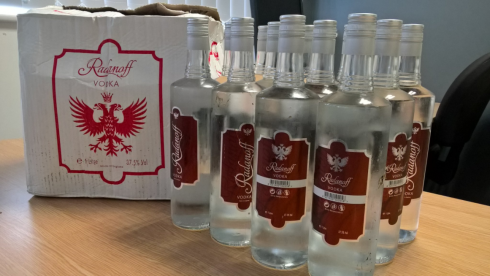
The trade of fake honey has been a concern since the 1970s when high-fructose corn syrup became widely available.
To increase volumes and profits, criminals add much cheaper corn syrup and sugarcane to genuine honey.
This affects legitimate trade in honey, with cheaper counterfeit jars flooding the market, forcing beekeepers and manufacturers to lower their prices and subsequent profits.
Authorities did checks on internal markets, wholesale traders, distributors, street markets and retail traders.
Some 495 checks found that 7% of honey sold was fake or substandard, resulting in the confiscation of 51,000 kg of fraudulently treated honey.
Other examples
- Trade of seafood and molluscs unfit for human consumption: eight arrests, seven companies investigated, seizures of €120,000, 25 vehicles and 12 boats.
- Alcohol coloured with chemicals to change the appearance and quality; 14 arrests; 47,660 litres of whiskey seized and 9,550 litres of other alcohol for the manufacture of fraudulent spirits.
With more than 15 000 tonnes of illegal products seized, operation OPSON X illustrates the importance of cooperation between national authorities and the private sector in protecting consumers’ rights and the quality of the products we put on our tables.
Jürgen Stock, INTERPOL Secretary General said: “Food crime may not always seem like a top policing priority but operations like OPSON X demonstrate the massive profits these products generate, which can then fund other organized crime activities.”
Ville Itälä, OLAF’s Director General, said: “The risks posed by these products to EU citizens and businesses are very real.”
RELATED NEWS: EU-funded law agency helps smash complex Spanish VAT fraud scheme that netted €26 million
Click here to read more Spain News from The Olive Press.

